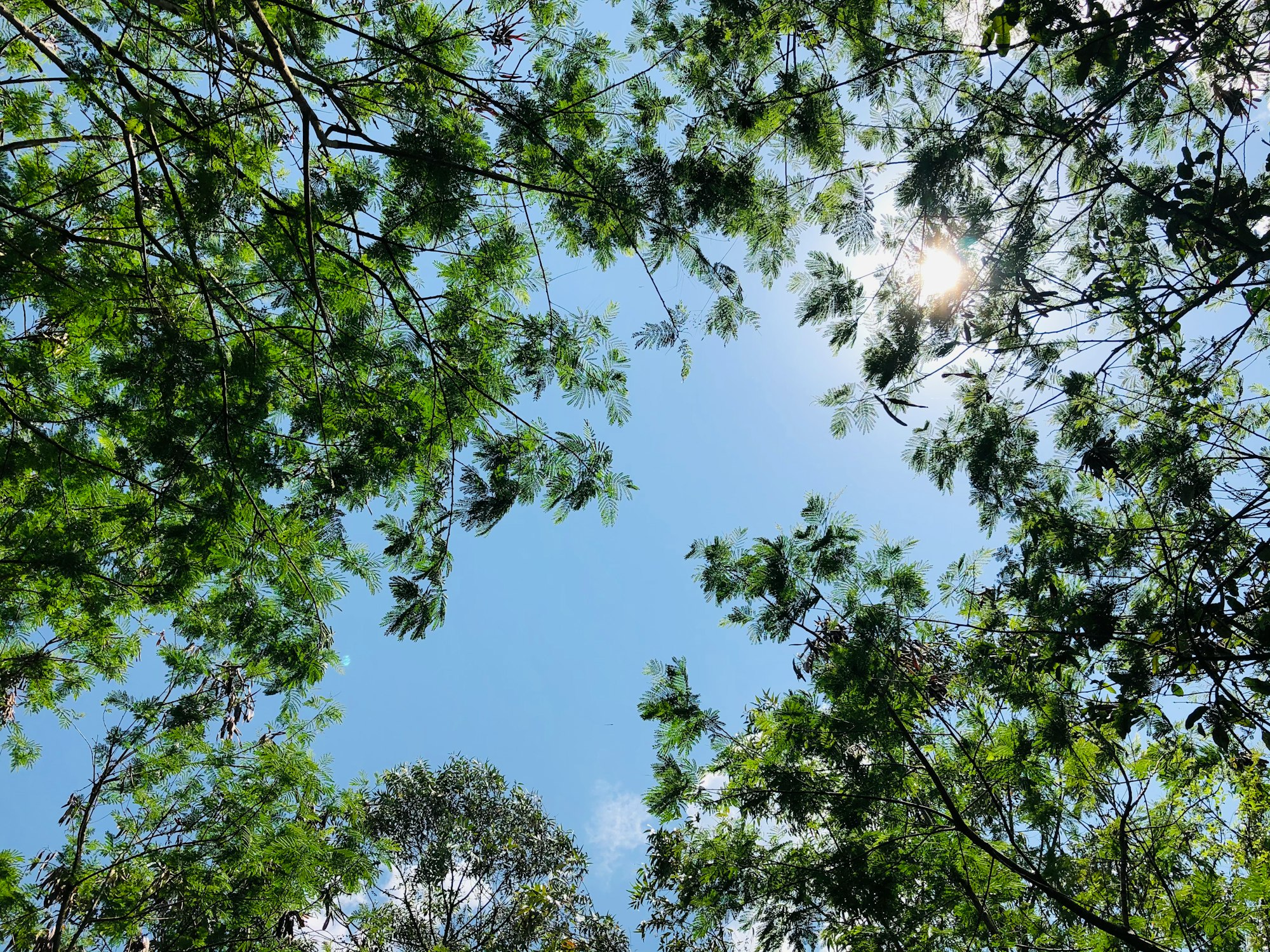How Community Tree Planting rewards all farmers equally
This month, we received a special letter from the head of our project. The details are heartwarming.

Just the gist
If you're in a rush, here's what you need to know this month:
🧑🏿🤝🧑🏿 Our project has over 100,000 farmers working together in 15,300 small groups!
🇺🇾 The project has planted over 20,800,000 trees, and sequestered more than 7.4 million tons of carbon over its lifetime– more than the carbon footprint of Uruguay in 2019!
✉️ This month we received a special letter from the Executive Director of our project. Read on to find out what she has to say.
For more updates like this one, follow Wren on Twitter and Instagram.
This month we have an extra special Community Tree Planting update: a letter straight from Catherine Campbell, executive director of The Institute for Environmental Innovation, and one of our project's major partners.
A letter from Catherine

TIST helps over 100,000 subsistence farmers help themselves earn an income, care for their families– all while capturing carbon to help end the climate crisis. The work TIST farmers do would not be possible without your support. Thank you.
Subsistence farmers are hit badly by climate change. Disruption of seasonal rains can cause floods, droughts, and erosion which lead directly to crop losses and water shortages. TIST Farmers rely on essential resources like rainwater which are impacted by climate change.
Climate change affects all farmers, and TIST ensures that each farmer is rewarded for the work they put in– regardless of age, gender, or cultural differences. To a Western reader, this may seem like an obvious thing to do, but in East Africa, it is radical. Land is often a farmer's only asset, and in East African countries like Kenya, over 95% of land is owned by men. If TIST paid farmers based on the trees planted on their land, almost all money would end up in men's hands– reinforcing gender inequality across the region.
Instead, the TIST Program uses a Payment for Environmental Services model that rewards everyone for the trees they plant and take care of, regardless of whether their name is written on a land title. This model lets women and youth participate in the program on level terms with men, and guarantees them a steady source of income. And it has been wildly successful– over 50% of TIST farmers are women, and TIST has nurtured many strong women who have become program leaders.
By practicing Conservation Farming, TIST Farmers are seeing higher yields regardless of the size of their land. Rotational Leadership practices allow for equal access to influential participation, and thousands of farmers in TIST are generating their own income through seedling and crop sales. And finally, the program's tree planting efforts have resulted in over 20 million trees sequestering over 7.4 million tons of carbon.
Once again, I thank you for your continued support of the program. There are over 1 billion subsistence farmers on Earth, and we at TIST are excited to bring the benefits of tree planting and conservation farming to many more.
– Catherine Campbell
Executive Director, Institute for Environmental Innovation

COVID-19 update from across the project

There has been a significant increase in coronavirus cases and fatalities in Kenya and Uganda. Over the past few weeks, the governments of TIST's operating countries have imposed more stringent lockdown requirements.
Because of these lockdown requirements, many TIST Farmers have not been able to attend Cluster Meetings where they discuss ways to improve their farms, receive trainings, newsletters, and receive their carbon payments. Through Zoom meetings, TIST Leadership is designing a process for continuing these carbon payments even during lockdown.
TIST's Global Leadership Team continues to advise Cluster Servants and TIST Farmers to follow government COVID guidelines, wear masks, use sanitizer, and maintain social distancing. We have also been encouraged that members of the TIST community are receiving their vaccine shots!
That's it for this update! If you have questions or feedback, please reply directly to this email. I'll reply as soon as I can.
– Thomas and the Wren team

